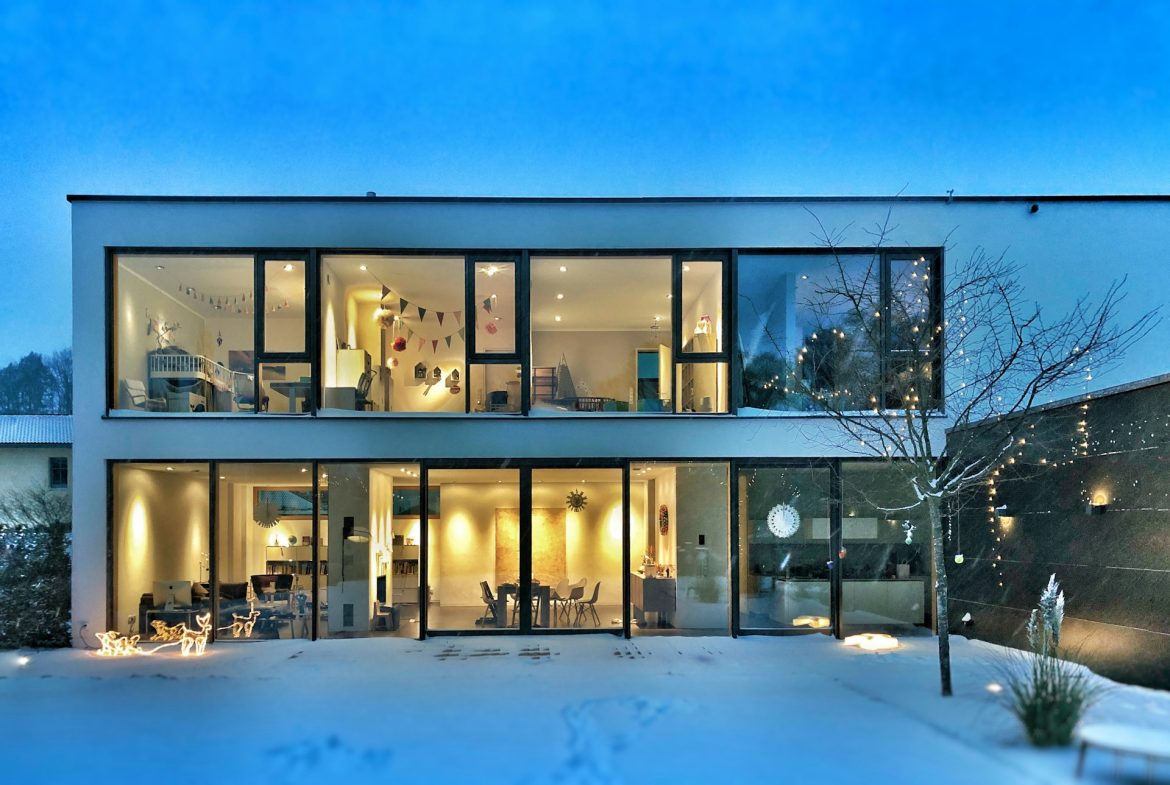In the dynamic tapestry of real estate, a transformative trend is reshaping the landscape of our living spaces: the advent of smart homes. This blog embarks on an exploration of how smart technology is revolutionizing real estate, delving into the mechanisms that make homes “smart,” the benefits they offer to homeowners and investors alike, and the implications for the future of residential living.
The Blueprint of a Smart Home
At its core, a smart home integrates advanced automation systems to provide homeowners with sophisticated monitoring and control over the building’s functions. From lighting and heating to security and entertainment, smart homes employ Internet of Things (IoT) technology to create a seamlessly connected, intuitive living environment.
- Connectivity and Integration: The heart of a smart home lies in its interconnected devices and systems, which communicate through a central platform, often controlled by a smartphone app or a voice-activated assistant.
- Automation and Control: Smart homes elevate convenience to new heights, with automated systems that adapt to the homeowners’ lifestyles, preferences, and schedules, offering unparalleled control over their living environment.
- Energy Efficiency and Sustainability: One of the hallmark features of smart homes is their ability to optimize energy usage, with intelligent systems that monitor and manage energy consumption, leading to significant cost savings and a reduced environmental footprint.
The Impact on Real Estate
The rise of smart homes is not just a technological revolution; it’s a real estate evolution, offering a new paradigm for value, functionality, and investment in the housing market.
- Enhanced Property Value: Smart homes often command higher market values, attracting buyers with their modern conveniences, security features, and energy-efficient systems, making them a lucrative investment for homeowners and real estate developers.
- Market Differentiation: In a competitive real estate market, smart homes stand out, offering unique selling points that appeal to tech-savvy buyers and environmentally conscious consumers, thereby enhancing marketability.
- Rental Market Appeal: Smart homes also hold significant appeal in the rental market, attracting tenants willing to pay a premium for the convenience, security, and sustainability features these properties offer.
- Future-Proofing: Investing in smart home technology is seen as a way to future-proof properties, ensuring they remain relevant and desirable in a rapidly evolving technological landscape.
Navigating the Smart Home Revolution
As the demand for smart homes continues to grow, homeowners, investors, and real estate professionals must navigate the opportunities and challenges this trend presents.
- Understanding Technology: A deep understanding of smart home technology, its benefits, and its limitations is crucial for effectively integrating these systems into properties and communicating their value to potential buyers or tenants.
- Privacy and Security: The increased connectivity of smart homes raises valid concerns about privacy and data security. Addressing these concerns through secure systems and transparent practices is essential for maintaining trust and ensuring the safety of homeowners.
- Cost vs. Value: While the initial investment in smart home technology can be significant, the long-term benefits in terms of energy savings, security, and property value often justify the cost. Real estate professionals must articulate this value proposition to clients.
- Customization and Flexibility: Recognizing that one size does not fit all, smart homes must offer customization and flexibility, allowing homeowners to tailor systems to their specific needs and preferences.
The Road Ahead: Smart Homes and the Future of Living
As we look to the future, the trajectory of smart homes points toward even greater integration, innovation, and influence on the way we live.
- Artificial Intelligence: The integration of AI into smart homes promises even more personalized, adaptive, and intuitive systems, capable of learning from homeowners’ habits and preferences to optimize living conditions.
- Sustainability and Green Living: The role of smart homes in promoting sustainability will continue to grow, with advances in technology enabling more efficient use of resources and integration with renewable energy sources.
- Community and Connectivity: The concept of smart homes is expanding to encompass smart communities, where interconnected homes and shared facilities offer new possibilities for communal living and social interaction.
- Challenges and Opportunities: As the smart home revolution unfolds, it will bring challenges, including technological disparities and the need for standardization, but also vast opportunities to redefine residential living for the 21st century.
Conclusion: Embracing the Smart Home Revolution
The evolution of smart homes represents a pivotal shift in the real estate landscape, offering a glimpse into the future of residential living. As technology continues to advance, the possibilities for innovation, convenience, and sustainability in our homes seem boundless. For homeowners, investors, and real estate professionals, embracing the smart home revolution is not just about keeping pace with technological trends but about shaping a future where our homes are more connected, intelligent, and attuned to our needs than ever before. In this brave new world of real estate, the smart home is not just a luxury but a blueprint for the future of living.

